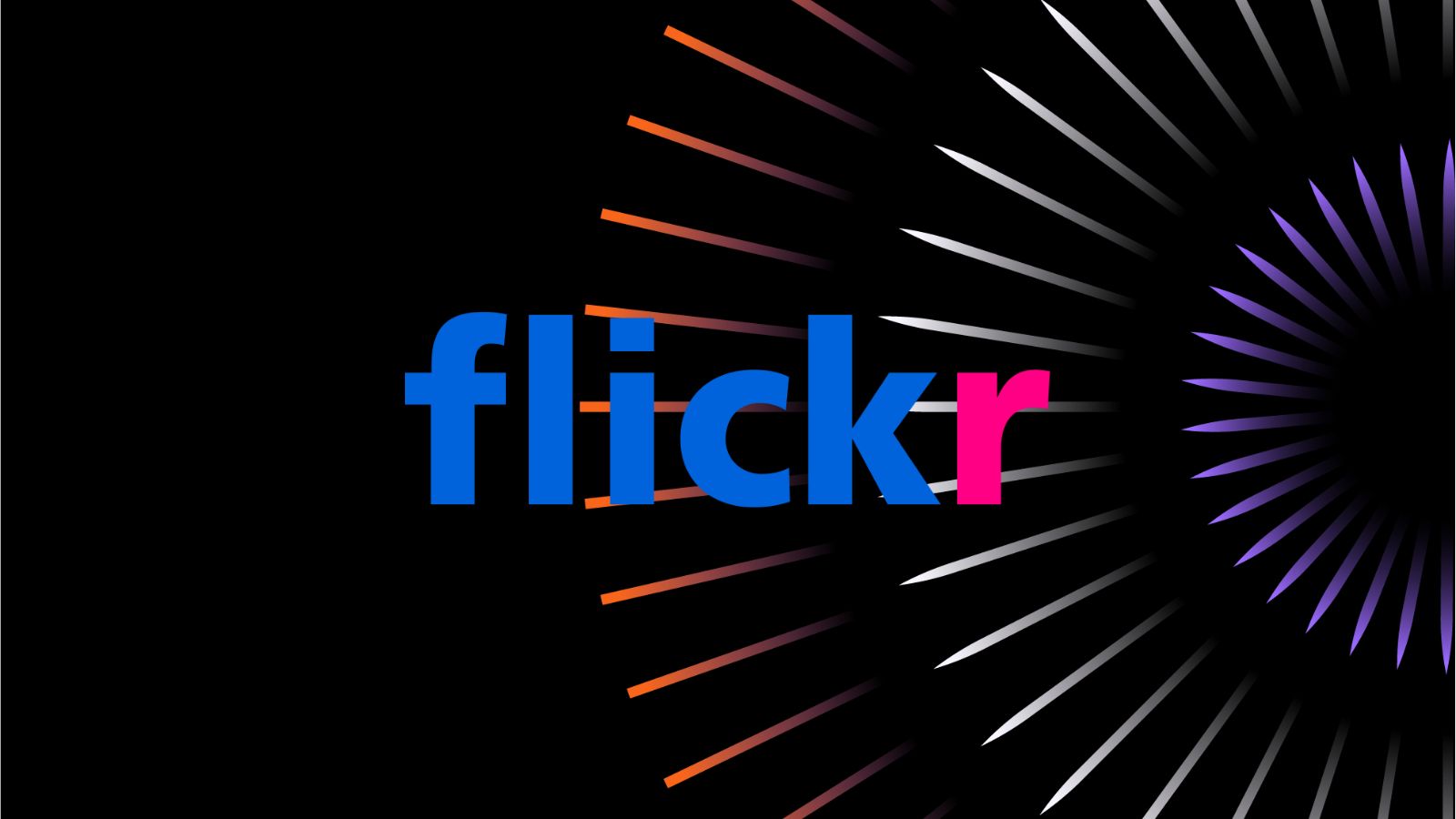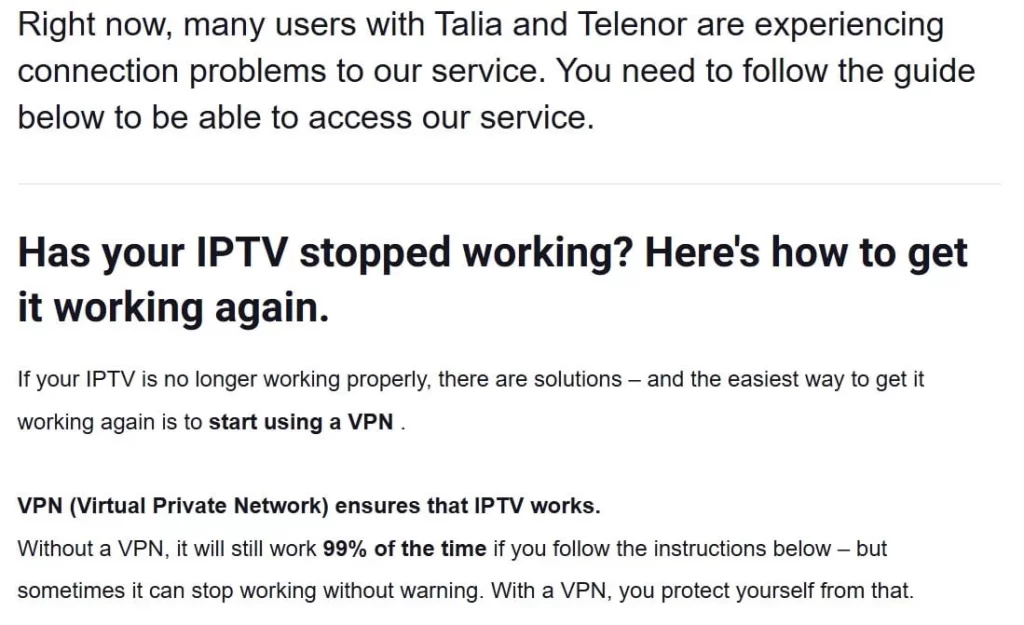
Swedish Court Cracks Down on Illegal IPTV Usage, Asks Telenor to Block NordicOne as Users Seek Workarounds
- Sweden’s battle against illegal IPTV services has reached a significant milestone as local ISPs block access to pirate websites.
- A court mandated Telenor to block access to domains associated with NordicOne immediately, with a proposed fine for non-compliance.
- The order is part of the anti-piracy campaign initiated by streaming services such as Viaplay, Discovery, and TV4.
Courts in Sweden order local ISPs to block access to the popular NordicOne IPTV platform as part of an intensified effort by streaming services such as Viaplay, Discovery, and TV4, which demonstrates a growing trend across Europe to combat online piracy by targeting access at the ISP level.
The Patent and Market Court in Stockholm issued the enforcement order after rightsholders pursued legal action against Telenor, one of Sweden’s leading ISPs.
The court mandated Telenor to block access to domains associated with NordicOne immediately, with a fine of 500,000 SEK ($50,000 USD) for non-compliance.
The legal decision extends for three years and includes preemptive measures requiring ISPs to block newly identified domains used by the IPTV service.
This order is not isolated; other major ISPs, such as Tele2 and Tre, have also been directed to implement similar measures, marking a coordinated campaign by rightsholders to deter access to pirate streaming services.
Illegal IPTV services in Sweden are a significant concern, with an estimated 700,000 households subscribing due to the low cost of subscriptions compared to official services.
Authorities and rights-holders are alarmed at the scale of piracy, prompting not only legal actions but also discussions about potentially banning the consumption of such services entirely. However, legislative hurdles and technical challenges make enforcing bans on individual users a complex task.
Despite the legal success, the battle against IPTV piracy faces persistent challenges. Users affected by the block have turned to established workarounds such as VPNs, alternative DNS resolvers, and new domain URLs shared across forums like Flashback.
Resellers of IPTV services, such as NordiskIPTV, have publicly directed subscribers to alternative configurations to bypass the blocks, underscoring the difficulty of achieving lasting enforcement.
The widespread use of VPNs presents a significant obstacle, as the court’s blocking orders do not extend to VPN providers or alternative DNS services. Similar challenges have been observed across Europe, with some rightsholders seeking to expand blocking orders to include DNS providers like Google and Cloudflare, as well as targeting VPN operators.
Countries like France have already implemented dynamic blocking measures targeting DNS services and VPNs, a potential precursor for similar actions in Sweden. Some industry groups have gone further, lobbying for web browsers themselves to fall under blocking mandates.









